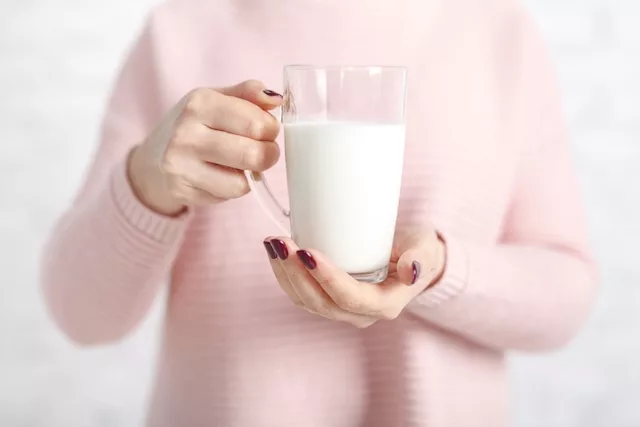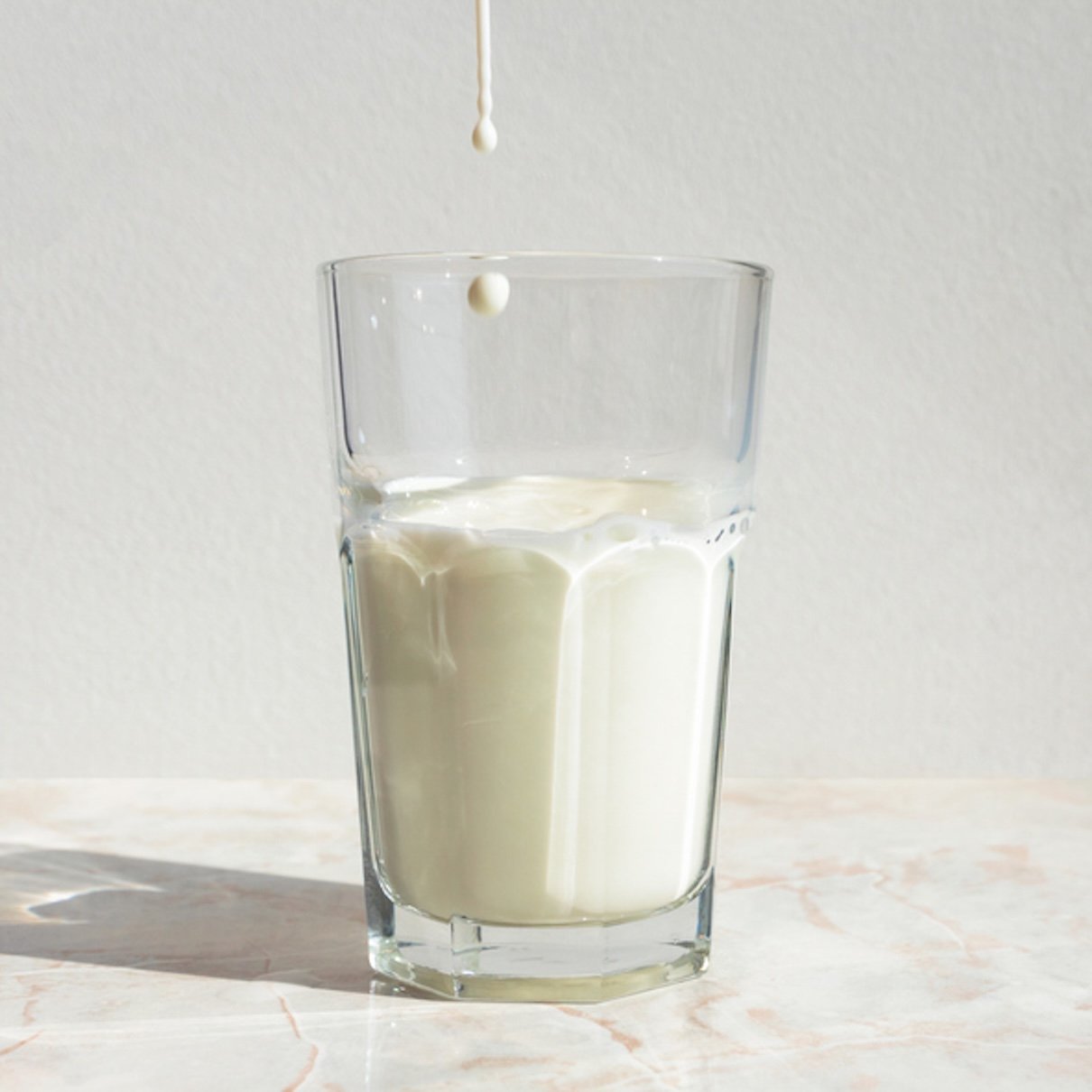What’s the Deal with Raw Milk—And Is It Actually Safe or Healthy?
Raw milk: Whether you've tried it or not, you've likely heard polarizing views on its benefits. Some claim it's a superfood that can boost health, while others say it's risky. So, what's the truth?
Experts in dairy, dietetics, and food safety weigh in below.

What Is Raw Milk?
Raw milk is unpasteurized, meaning it hasn't been heat-treated like regular supermarket milk. It's minimally processed, but that doesn't necessarily mean it's better for you, says dietitian Maddie Pasquariello, MS, RDN.
Raw milk is often described as sweeter, grassier, and creamier in taste and texture.
Purported Health Benefits of Raw Milk
Raw milk enthusiasts claim it's easier to digest and can help with inflammation. However, experts like Pasquariello debunk these claims:
- Raw milk is not safer or better for you than pasteurized milk
- It doesn't necessarily support gut health or immunity
- The benefits don't outweigh the risks
There's also a misconception that pasteurization reduces important nutrients, but research shows this isn't the case.
Risks of Consuming Raw Milk
According to Pasquariello, raw dairy products are more likely to contain harmful pathogens like Campylobacter, E. coli, and Salmonella. This can lead to serious illnesses and even death.
Comparing illness rates from raw vs. pasteurized dairy is misleading, as raw dairy products are significantly more likely to cause illness.
Is Raw Milk Safe or Healthy?
Experts agree that the risks of consuming raw milk outweigh any potential benefits. The presence of harmful bacteria makes it hazardous, especially for vulnerable populations.
Consuming raw milk is a risk that anyone, regardless of age or health status, should avoid.
The Takeaway
While some wellness trends are harmless, raw milk is not one of them. Public health institutions and experts caution against its consumption.
It is strongly recommended to avoid following the trend of consuming raw milk and to ignore any encouragement to try it, as advised by Pasquariello, Bruhn, and Mills. They emphasize that consuming raw milk is not safe and that there is no valid reason to choose it over pasteurized milk.
Bruhn compares drinking raw milk to playing Russian roulette with your health, stating that the risks outweigh any potential benefits. Therefore, it is not worth jeopardizing your health and well-being by taking such a gamble.
FAQs
Is raw milk better than pasteurized milk?
Mills highlights that the risks associated with raw milk outweigh any supposed benefits it may offer. Bruhn stresses the importance of pasteurization in protecting human health, so sticking to standard dairy or plant-based milk is the safer choice.
Can raw milk cause foodborne illnesses?
Yes, raw milk can lead to foodborne illnesses, with symptoms ranging from diarrhea to severe complications like paralysis or death, as indicated by the CDC.
Why is raw milk trending?
Various factors contribute to the popularity of raw milk, including the desire for quick health fixes, traditional health trends, influencer marketing, reliance on anecdotal evidence, and distrust of public health institutions.
Where is raw milk legal to buy?
In the United States, the legality of raw milk sales varies by state, with some states prohibiting sales altogether or requiring waivers for purchase. Compliance with regulations such as warning labels may also be enforced in certain areas.
How should raw milk be stored if consumed?
If you choose to consume raw milk, ensure it is kept refrigerated to maintain its freshness. However, it is strongly recommended by experts to avoid consuming raw milk due to the associated health risks.
